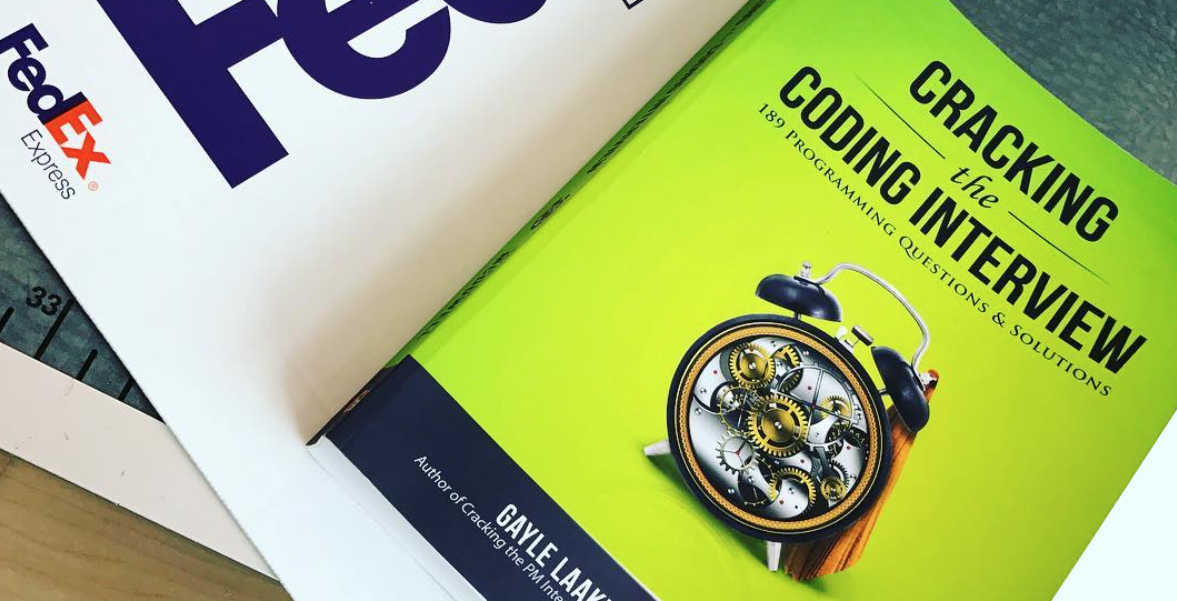I spend 3 hours at the gym every day, go on mountaineering and snowboarding trips every three months, work as a founding engineer at a Series A startup, and still have time for side projects like this blog post.
Someone recently asked me what’s my secret for getting all this done. How do I have time to do all these things?
In this blog post, I’ll share my secrets on how to be hyper-productive using some theories from business books I read and insights from science (e.g. three laws of thermodynamics), with examples from my experience climbing, training at the gym, and working as a software engineer.







